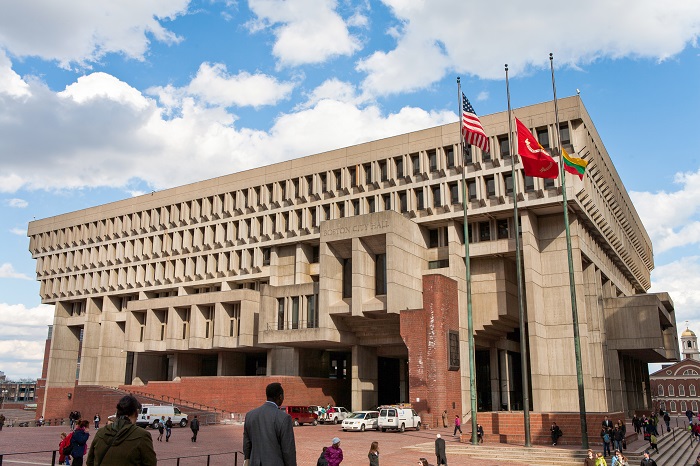Boston City Council Considers Reparations Commission

Lily Bohlke – Commonwealth News Servce
A proposal brought to the Boston City Council would create a commission to study the legacy of slavery and the ongoing inequities Black people face in Massachusetts, and to put together proposals for reparations.
Boston could be the latest of a growing number of cities exploring ways to repair the harms racism has caused in their communities. Tammy Tai – deputy director of the nonprofit King Boston – noted that Amherst and Cambridge are the first two in Massachusetts, and she hopes Boston will follow.
She said reparations can take many forms, from payments to individuals to holistic education in schools or homeownership programs.
“It first begins with an acknowledgement of what has occurred for the Black community in Boston,” said Tai, “which of course is reflective and a microcosm of what Black folks in America have have experienced.”
She noted that Evanston, Illinois, was the first city to adopt a system of reparations, in the form of housing grants of up to $25,000. Tai said housing may not be the right approach for Boston, but if the proposal passes, the commission will examine the options.
Tai added there has sometimes been a misconception that because Boston is a northern city, reparations aren’t needed. But she points out that Massachusetts was initially one of the principal slave-trading colonies.
And today, white residents of Boston are more likely to own homes – and have checking or savings accounts and retirement funds – than Black, Brown and Indigenous residents.
“So, even though slavery was abolished earlier than the Emancipation Proclamation, slavery still touched the lives here in the city,” said Tai. “And then, Jim Crow touched the lives of Black folks in the city, and the ongoing inequity. So, for a northern city to be reckoning with this and wrestling with this is hugely important for the country.”
In the U.S. House, a bill for nationwide reparations – HR 40 – was first introduced more than 30 years ago but hasn’t made it through the chamber. Tai said while reparations at the local level are important, state and federal action is also needed.
